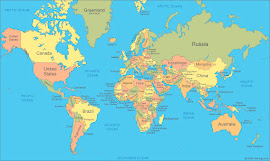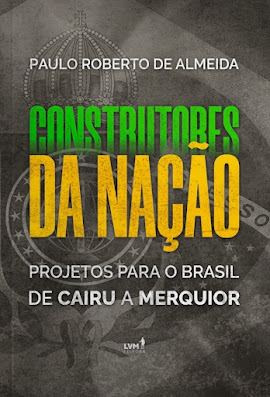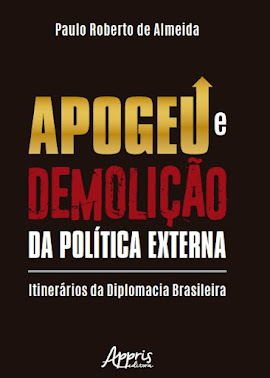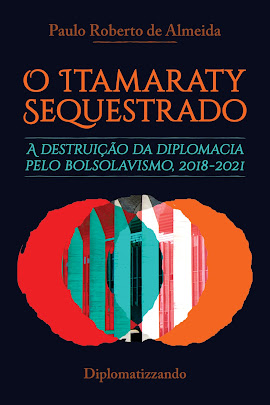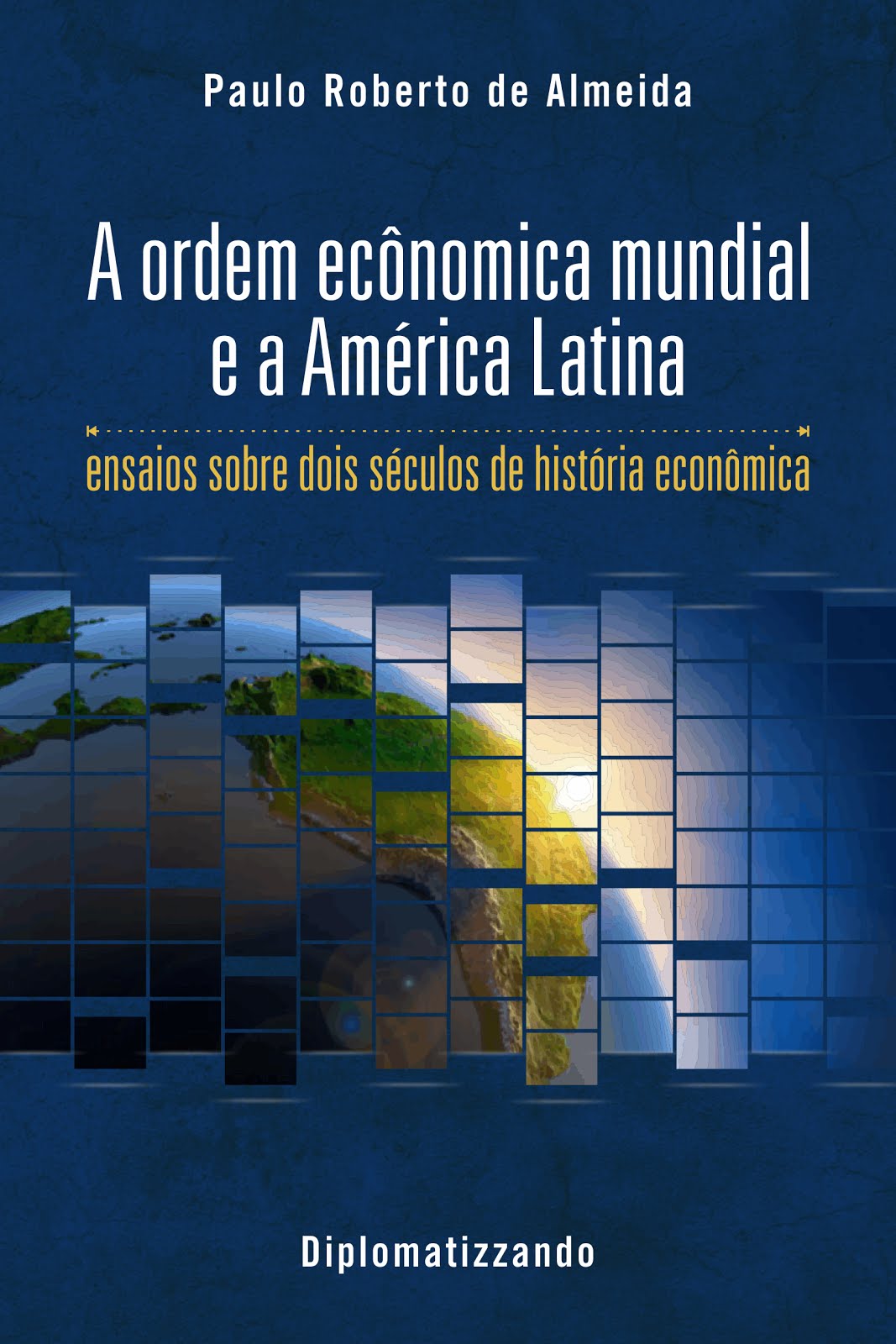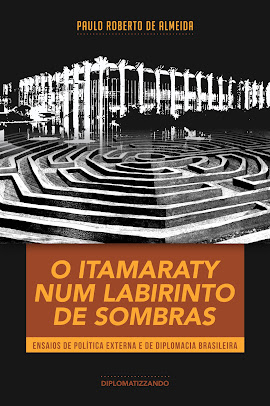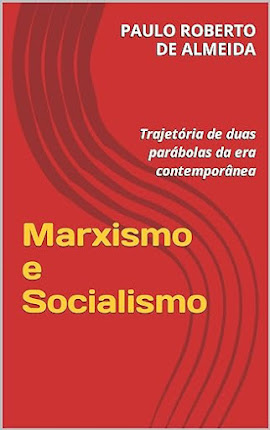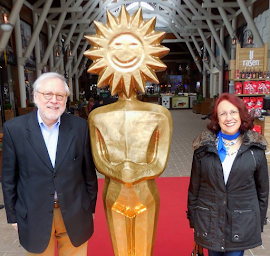Der Spiegel, Hamburgo – 3.5.2022
Bonn-Moscow Ties
Newly Released Documents Shed Fresh Light on NATO's Eastward Expansion
In 1991, German Chancellor Helmut Kohl wanted to prevent the eastward expansion of NATO and Ukrainian independence, according to newly released files from the archive of the German Foreign Ministry. Was he trying to assuage Moscow?
Klaus Wiegrefe
Usually, only experts take much note when another volume of "Documents on the Foreign Policy of the Federal Republic of Germany" is released by the Leibniz Institute for Contemporary History. They tend to be thick tomes full of documents from the Foreign Ministry – and it is rare that they promise much in the way of reading pleasure.
This time around, though, interest promises to be significant. The new volume with papers from 1991 includes memos, minutes and letters containing previously unknown details about NATO’s eastward expansion, the collapse of the Soviet Union and the independence of Ukraine. And already, it seems that the documents may fuel the ongoing debate surrounding Germany’s policies toward the Soviet Union and Russia over the years and up to the present day.
In 1991, the Soviet Union was still in existence, though many of the nationalities that formed the union had begun standing up to Moscow. Kohl, though, felt that a dissolution of the Soviet Union would be a "catastrophe" and anyone pushing for such a result was an "ass." In consequence, he repeatedly sought to drum up momentum in the West against independence for Ukraine and the Baltic states.
Estonia, Latvia and Lithuania had been annexed by Soviet dictator Josef Stalin in 1940, with West Germany later never recognizing the annexation. But now that Kohl found himself faced with the three Baltic republics pushing for independence and seeking to leave the Soviet Union, Kohl felt they were on the "wrong path," as he told French President François Mitterrand during a meeting in Paris in early 1991. Kohl, of course, had rapidly moved ahead with Germany’s reunification. But he felt that Latvia, Estonia and Lithuania should be more patient about their freedom – and should wait around another 10 years, the chancellor seemed to think at the time. And even then, Kohl felt the three countries should be neutral ("Finnish status"), and not become members of NATO or the European Community (EC).
He felt Ukraine should also remain in the Soviet Union, at least initially, so as not endanger its continued existence. Once it became clear that the Soviet Union was facing dissolution, the Germans were in favor of Kyiv joining a confederation with Russia and other former Soviet republics. In November 1991, Kohl offered Russian President Boris Yeltsin to "exert influence on the Ukrainian leadership" to join such a union, according to a memo from a discussion held between Kohl and Yeltsin during a trip by the Russian president to the German capital of Bonn. German diplomats felt that Kyiv was demonstrating a "tendency toward authoritarian-nationalist excesses."
When over 90 percent of Ukrainian voters cast their ballots in favor of independence in a referendum held two weeks later, though, both Kohl and Genscher changed course. Germany was the first EC member state to recognized Ukraine’s independence.
Nevertheless, the passages could still cause some present-day eyebrow raising in Kyiv, particularly against the backdrop of the ongoing Russian invasion.
Germany’s policies toward Eastern and Central Europe also raise questions. The Warsaw Pact collapsed during the course of 1991, and Genscher sought to employ a number of tricks to prevent countries like Poland, Hungary and Romania from becoming members of NATO – out of consideration for the concerns of the Soviet Union.
The momentum of Eastern and Central European countries toward joining the NATO alliance was creating a volatile mixture in Moscow of "perceptions of being under threat, fear of isolation and frustration over the ingratitude of former fraternal countries," reported the German ambassador as early as February 1991.
Genscher was concerned about fueling this situation further. NATO membership for Eastern-Central Europeans is "not in our interest," he declared. The countries, he noted, certainly have the right to join the Western alliance, but the focus should be on ensuring "that they don’t exercise this right."
Was his position born merely of prudence and a desire to ensure peace for the good of Europe? Or was it a precursor to the accommodation with Moscow "at the expense of other countries in Eastern Europe" that Social Democratic (SPD) parliamentarian Michael Roth recently spoke of? The chair of the Foreign Affairs Committee in the German parliament, Roth is in favor of establishing a committee of inquiry to examine failures in Germany and within his own party when it comes to Ostpolitik. He believes that Germany "de facto denied the sovereignty" of its neighboring countries.
Roth is referring specifically to Berlin’s policies in recent years. But should the analysis perhaps take a look further into history? All the way back to the era of Kohl and Genscher?
“Initially, the former Warsaw Pact countries pursued the intention of becoming NATO members. They have been discouraged from doing so in confidential discussions.”
German Foreign Minister Hans-Dietrich Genscher in 1991
Curiously, Germany’s Ostpolitik – both in the period leading up to German reunification and since then – has today become the focus of criticism from all sides. Russia, too, is among the critics, accusing the West of having broken its word with the eastward expansion of NATO.
Some of the documents that have now been declassified may even be reframed by Russian President Vladimir Putin and his acolytes as weapons in the ongoing propaganda war. Because in several instances, Genscher and his top diplomats refer to a pledge made during negotiations over German reunification – the Two Plus Four negotiations – that NATO would not expand into Eastern Europe.
Russian politicians have been claiming the existence of such a pledge for decades. Autocrat Putin has sought to use the argument to justify his invasion of Ukraine. Yet Moscow approved the eastern expansion of NATO in the NATO-Russia Founding Act of 1997, if only grumblingly.
Many of the documents that have now been made public seem to support the Russian standpoint:
* On March 1, 1999, Genscher told the U.S. that he was opposed to the eastward expansion of NATO with the justification that "during the Two Plus Four negotiations the Soviets were told that there was no intention of expanding NATO to the east."
* Six days later, the policy director of the German Foreign Ministry, Jürgen Chrobog referred in a meeting with diplomats from Britain, France and the U.S. to "the understanding expressed in the Two Plus Four process that the withdrawal of Soviet troops from the West cannot be used for our own advantage."
* On April 18, Genscher told his Greek counterpart that he had told the Soviets: "Germany wants to remain a member of NATO even after reunification. In exchange, it won’t be expanded to the east ..."
* On October 11, Genscher met with his counterparts from France and Spain, Roland Dumas and Francisco Fernández Ordóñez, respectively. Minutes from that meeting recorded Genscher’s statements regarding the future of Central and Eastern European Countries (CEECs) as follows:
"We cannot accept NATO membership for CEEC states (referral to Soviet reaction and pledge in 2 + 4 negotiations that NATO territory is not to be expanded eastward). Every step that contributes to stabilizing situation in CEEC and SU is important." SU is a reference to the Soviet Union.
As such, Genscher wanted to "redirect" the desires of CEEC to join NATO and was on the lookout for alternatives that would be "acceptable" to the Soviet Union. The result was the North Atlantic Cooperation Council, a body within which all former Warsaw Pact countries would have a say.
"Initially, the former Warsaw Pact countries pursued the intention of becoming NATO members," said Genscher. "They have been discouraged from doing so in confidential discussions."
For a time, the Germans were even in favor of NATO issuing an official declaration that it would not expand eastward. Only after the German foreign minister visited Washington in May 1991 and was told that an expansion "cannot be excluded in the future" did he quickly back off and say that he was not in favor of a "definitive declaration." De facto, however, it appears that he wanted to avoid expanding NATO to the east.
In Bonn, the initial capital of newly reunified Germany, the mood was one of self-confident optimism. The Cold War was over, Germany had been unified and Kohl and Genscher were pushing forward the consolidation of the EC into the European Union.
The chancellor also saw an historic opportunity when it came to relations with the Soviet Union. "Perhaps we will now be able to make right some of what went wrong this century," he said. After World War II with its millions of deaths and the partitioning of Germany that resulted, Kohl was hoping to open a new chapter in relations with Moscow.
The Soviet Union at the time was under the leadership of Mikhail Gorbachev, an idealistic, pro-reform communist who the Germans loved since he had acquiesced to the end of East Germany. "If the Germans are prepared to help the Soviet Union, it is primarily out of gratitude for the role played by Gorbachev in Germany’s reunification," was Kohl’s description of the situation. The fact that Gorbachev was vehemently opposed to expanding NATO into Central and Eastern Europe was of no consequence when it came to the esteem in which he was held in Germany.
Later, the chancellor would say in public that he had been Gorbachev’s "best advocate." The two leaders used the informal term of address, passed along greetings to their wives and gossiped over the phone.
Kohl sought to drum up support around the world for "Misha" and his policies. He helped secure an invitation for the Kremlin leader to attend the G-7 summit and under Kohl’s leadership, Germany sent by far the most foreign aid to Moscow.
Kohl was deeply concerned that Gorbachev detractors in the Soviet military, secret services or state apparatus could seek to overthrow him. And an attempted putsch only just barely failed in August 1991. A group surrounding Vice President Gennady Yanayev detained Gorbachev, but mass demonstrations, the widespread refusal to obey orders in the military and resistance from Boris Yeltsin, who was president of the republic of Russia at the time, doomed the attempted overthrow to failure. Gorbachev remained in office.
It is hard to imagine what might have happened if the Soviet military had ended up under the command of a revanchist dictator at the time. Hundreds of thousands of Soviet soldiers were still stationed in what had been East Germany and additional units were still waiting to be pulled out of Poland and Czechoslovakia. The German Foreign Ministry files make it clear that the withdrawal of the troops was a "central priority" of German policy.
And then there were the roughly 30,000 Soviet nuclear warheads, which represented a significant danger. The "nuclear security on the territory of Soviet Union has absolute priority for the rest of the world," the Foreign Ministry in Bonn stated.
From this perspective, any weakening of Gorbachev was out of the question, and the same held true for the Soviet Union as a whole, which Gorbachev was trying to hold together against all resistance.
Kohl and Genscher believed in a kind of domino theory, which held that if the Baltic states left the Soviet Union, Ukraine would then follow, after which the entire Soviet Union would collapse, and Gorbachev would fall as well. And that is roughly what happened throughout the year of 1991. Kohl, though, had his doubts as to whether such a dissolution would be peaceful. He felt that a kind of "civil war" was possible, of the kind that was soon to break out in Yugoslavia.
Gorbachav’s longtime foreign minister, Eduard Shevardnadze, even warned the Germans. During a Genscher visit to Moscow in October 1991, Shevardnadze, who was no longer in office by that time, prophesied that if the Soviet Union were to fall apart, a "fascist leader" could one day rise to power in Russia who may demand the return of the Crimea.
Putin annexed the Crimea a little over two decades later.
In 1991, Kohl even felt it was possible that the poisonous form of nationalism that appeared in Eastern Europe following World War I could make a reappearance. He believed that if the Baltic countries were to become independent, "the clash with Poland will start (anew)." Poland and Lithuania fought against each other in 1920.
The conclusion drawn by the German chancellor was that "the dissolution of the Soviet Union cannot be in our interest ..."
Ultimately, the Baltic countries and Ukraine went on to gain independence. And it likely won’t ever be possible to determine conclusively if Kohl’s analysis of the situation was erroneous or whether the Latvians and Lithuanians were simply lucky that their path to independence was more or less peaceful.
Many Western allies, in any case, tended to side with the Germans in their analysis of the situation. French President Mitterrand, for his part, complained about the Baltics, saying "you can’t risk everything you have gained (with Moscow – eds.) just to help countries that haven’t existed on their own in 400 years." Even U.S. President George H. W. Bush, a cold realist, complained about the forcefulness of the Baltic politicians as they pushed for independence.
Germany’s friendship with the Kremlin even led Chancellor Kohl to overlook a criminal offense on one occasion. On Jan. 13, 1991, Soviet special forces in the Lithuanian capital of Vilnius were unleashed on the national independence movement there, storming the city’s television tower and other buildings. Fourteen unarmed people were killed and hundreds more injured.
The protests from Bonn were tepid at best.
Just a few days after the violence, Kohl and Gorbachev spoke on the phone. The diplomat listening in on the call noted that the two exchanged "hearty greetings." Gorbachev complained that it was impossible to move forward "without certain severe measures," which sounded as though he was referring to Vilnius. Kohl’s response: "In politics, everyone must also be open to detours. The important thing is that you don’t lose sight of the goal." Gorbachev concluded by saying that he "very much valued" the chancellor’s position. The word Lithuania wasn’t uttered even a single time, according to the minutes.
Gorbachev’s role in the violent assault remains unclarified to the present day.


